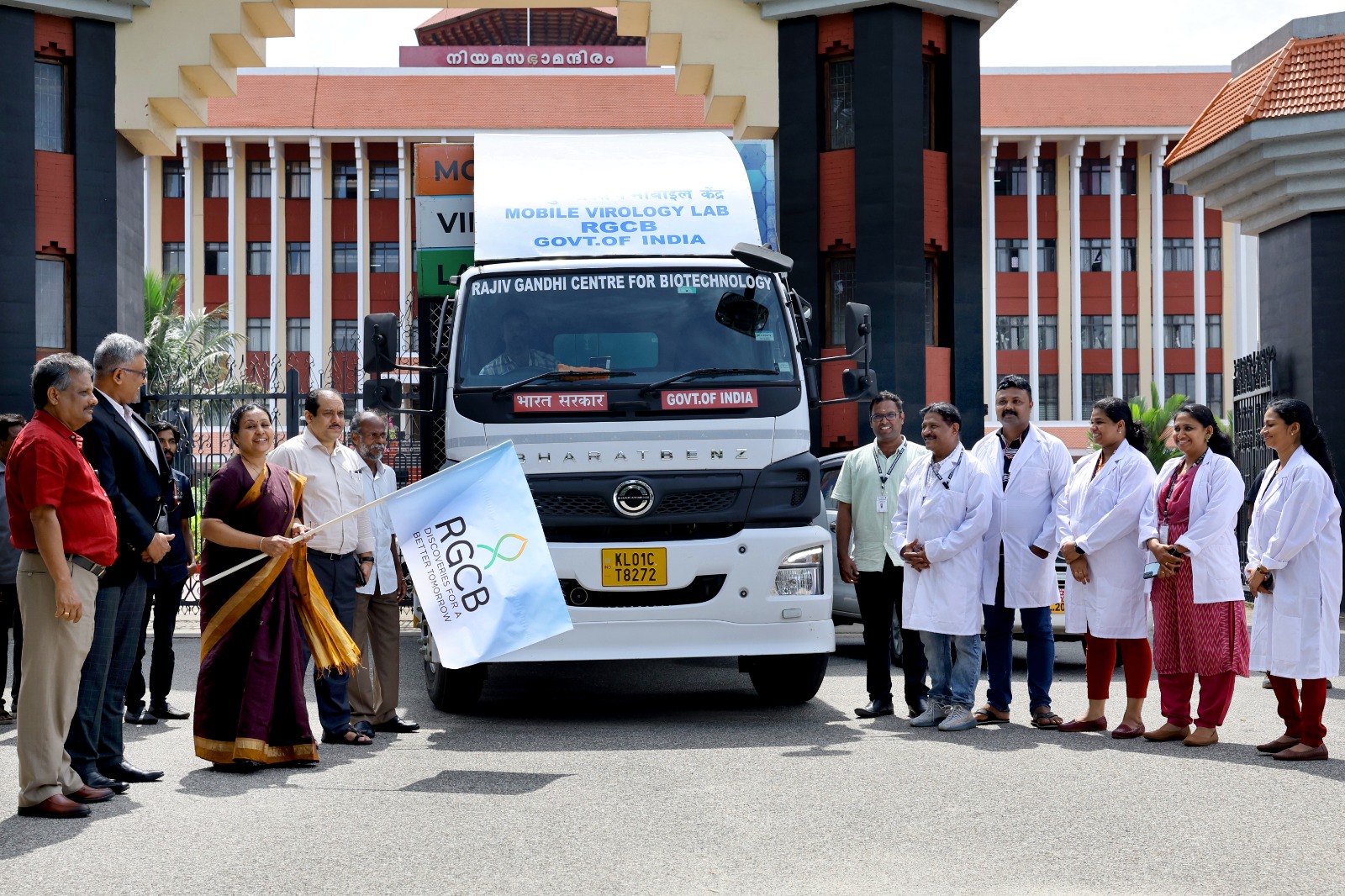KOZHIKODE: A central team from the department of Animal Husbandry and Dairying will conduct field investigations in Kozhikode district, Kerala, from Monday to Wednesday regarding the Nipah Virus (NiV) outbreak.
The four-member team has already arrived in the district on Sunday. The team comprises H.R. Khanna, Joint Commissioner (National Livestock Mission); Vijay Kumar Teotia, Joint Commissioner (Livestock Health); and one expert each from ICAR National Institute of High Security Diseases, Bhopal, and the Regional Disease Diagnostic Laboratory, Bengaluru.
The central team will coordinate with a team from the State Institute for Animal Diseases (SIAD). The state team consists of Sheela Saly T. George, Chief Disease Investigation Officer; Nandakumar, Disease Investigation Officer; and veterinary surgeons. The SIAD team has also requested experts from the Kerala Veterinary and Animal Sciences University (KVASU) and the State Forest department to be part of the team.
ALSO READ: Nipah: India to seek Oz aid for monoclonal antibodies
As per DAHD the team will submit daily reports and advise the Animal Husbandry department on measures for disease prevention keeping in mind the ‘One Health’ approach.
Earlier, the State Animal Husbandry department was responsible for surveillance of the Nipah virus in the livestock sector in Kozhikode district. The state department has also issued a set of guidelines for farmers and the public regarding the virus’ outbreak.
Nipah Virus is a zoonotic virus meaning that it can transmit from animals to humans. It can also spread through contaminated food or direct human-to-human transmission. In infected individuals, it can lead to a spectrum of illnesses, ranging from asymptomatic infection to severe respiratory illness and fatal encephalitis.
NiV can also cause substantial economic loss for farmers due to severe disease in animals, particularly pigs. Although NiV outbreaks are relatively rare, its ability to infect a wide range of species, including humans, underscores its significance as a public health concern.

